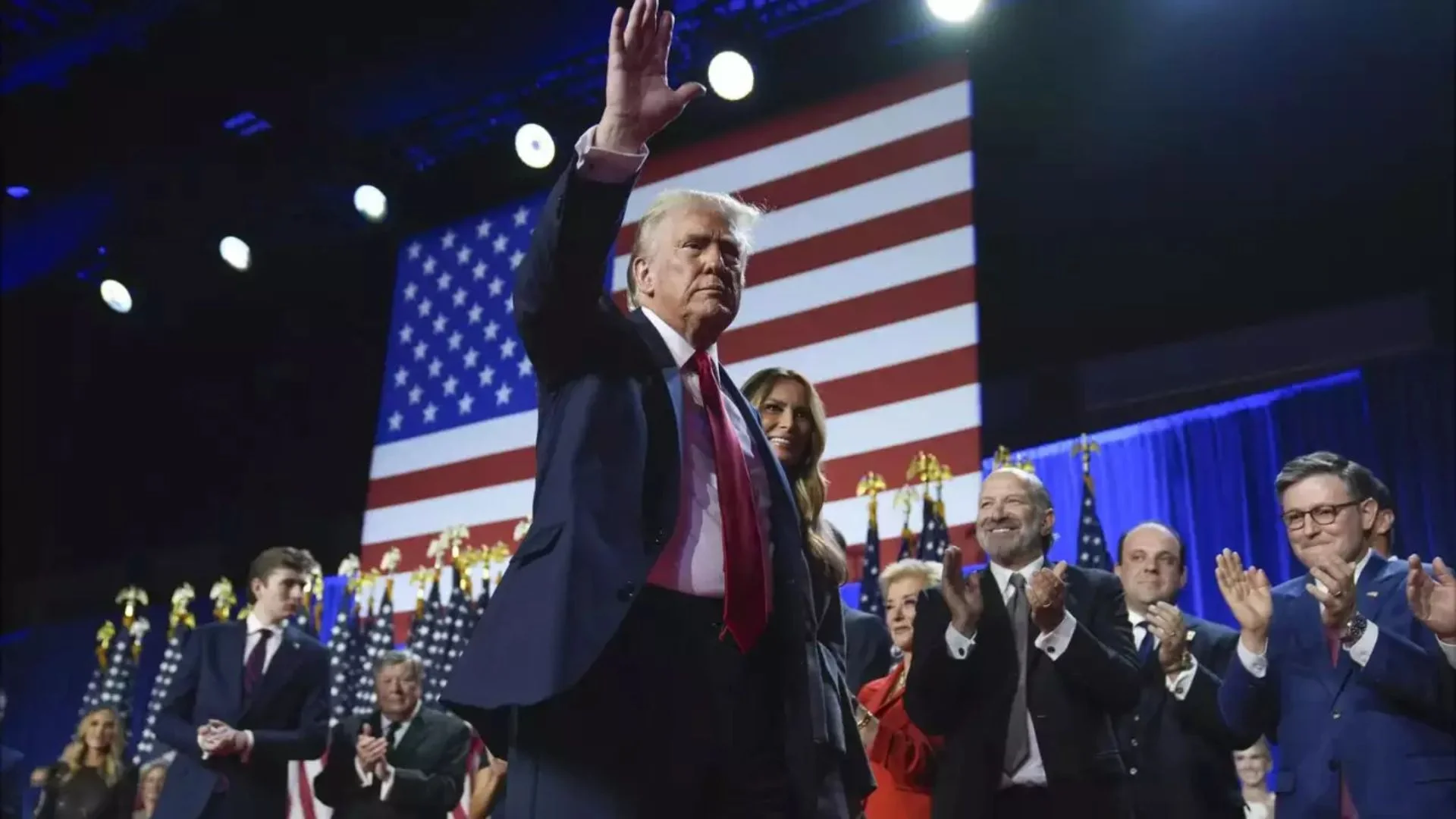Donald Trump’s newly elected administration is swiftly forming as the President-elect announces key appointments for his second term. Just one week after his victory, Trump has revealed several significant figures who will play crucial roles in shaping his policies, especially concerning immigration, foreign policy, and government efficiency.
Immigration
One of the most notable aspects of Trump’s team is his commitment to his hardline stance on immigration. Stephen Miller, a longtime Trump ally and speechwriter, has been appointed Deputy Chief of Staff. Known for his influence in crafting some of the administration’s toughest immigration policies, Miller is expected to spearhead a new plan for mass deportations and stricter immigration regulations.
Thomas Homan, who served as the acting director of Immigration and Customs Enforcement (ICE) during Trump’s first term, is also returning to a significant role, this time focusing on border issues. Homan’s promise to launch the largest deportation campaign in US history is a continuation of Trump’s immigration agenda, despite critics warning of a potentially hefty price tag of over $300 billion.
Focus on China
As Trump positions himself for his second term, his foreign policy approach is taking shape. China is expected to be a central challenge, and many in Trump’s new team share his critical view of the country. Trump has appointed retired Army Colonel and Florida Congressman Mike Waltz as National Security Adviser. Waltz, who has described the US as being in a “cold war” with China, is a vocal critic of Beijing’s policies.
Elise Stefanik, a staunch Trump ally, is tapped to become the US Ambassador to the United Nations. Stefanik has previously accused China of election interference, underscoring her hardline stance against the country. While Trump has yet to announce his pick for Secretary of State, Senator Marco Rubio, another critic of China, is considered a likely candidate.
Elon Musk
Among Trump’s most influential backers is tech magnate Elon Musk. Musk, known for his vocal support of Trump and his active role in political discourse through social media, has been advising the President-elect on cabinet selections. He was also involved in discussions between Trump and Ukrainian President Volodymyr Zelensky. Musk’s recent appointment to the “Department of Government Efficiency” highlights his role in advising Trump on measures to cut government spending.
Strengthening Presidential Power
Trump’s approach to governance is also leaning toward consolidating executive power. With the Republican Party controlling the Senate, Trump has pushed for more flexibility in his appointments, proposing a system that allows him to bypass Senate approval for certain administrative positions when Congress is not in session. This move would grant the President greater control over staffing decisions without the need for Senate confirmation.
However, there are concerns among some advisors that purging Republican lawmakers from Congress could delay Trump’s legislative agenda, as special elections could take months to schedule for vacant seats in the House.
Rewarding Loyalty
Trump is placing a strong emphasis on loyalty as he builds his team. Many of his appointments are staunch supporters who have been with him from the beginning. South Dakota Governor Kristi Noem has been selected to lead the Department of Homeland Security, while conservative Fox News host Pete Hegseth will take on the role of Secretary of Defense. These choices reflect Trump’s desire to reward loyal figures within the Republican Party, signaling a shift from his first term when he relied more on older party leaders.
As Trump prepares to take office for his second term, the composition of his team suggests a continuation of many of the policies and priorities that defined his first presidency, including a tough approach to immigration, a focus on China, and a reliance on loyal supporters. Whether these moves will prove successful in achieving his goals remains to be seen, but Trump’s early actions highlight his determination to govern according to his vision.







